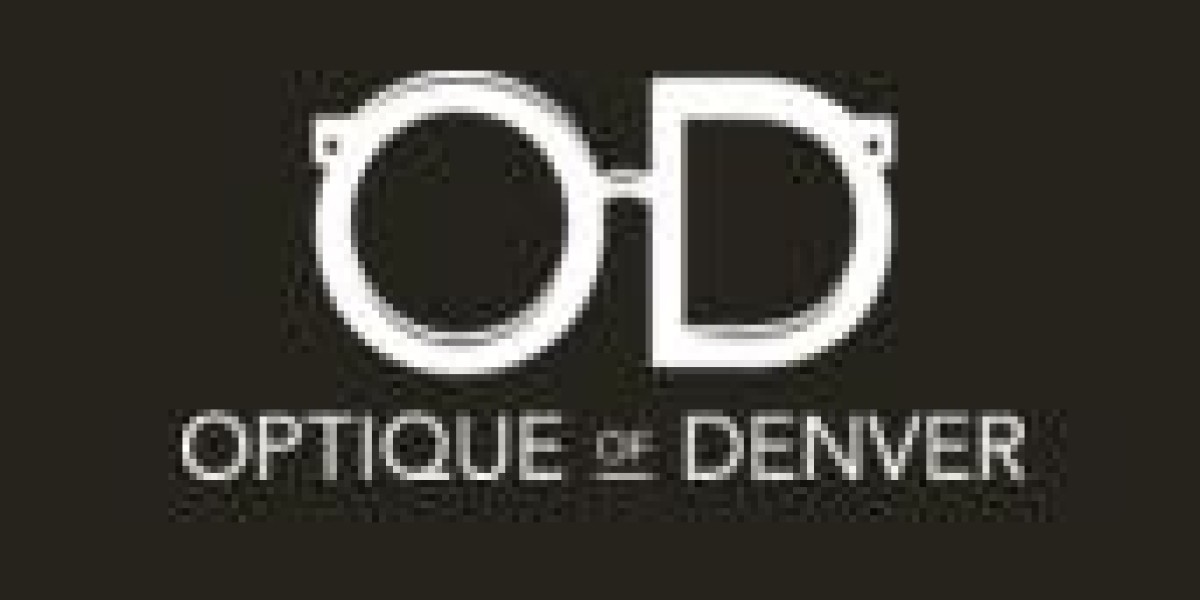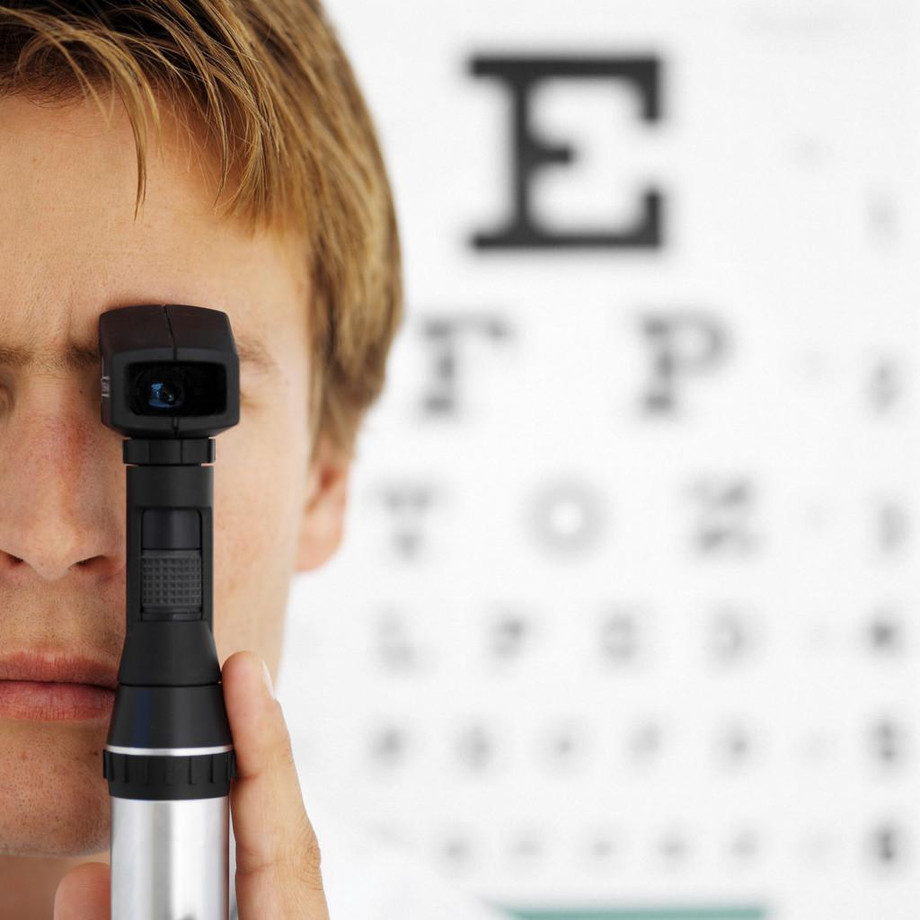Our eyes are vital sensory organs that play a crucial role in our daily lives. Clear vision not only enhances our ability to perceive the world around us but also contributes to overall well-being and safety. Regular eye exams are essential for maintaining healthy eyes and detecting potential vision problems or eye diseases at an early stage. In this comprehensive guide, we will explore the significance of eye exams, the recommended frequency of visits, what to expect during an eye exam, and the importance of addressing vision issues promptly. Discover how prioritizing your eye health can lead to a lifetime of clear vision.
Understanding the Importance of Eye Exams
Eye exams are more than just vision screenings; they are comprehensive evaluations of eye health and visual acuity. These exams allow eye care professionals to assess the health of the eyes, identify refractive errors like nearsightedness, farsightedness, and astigmatism, and detect early signs of eye diseases such as glaucoma, cataracts, and macular degeneration. Early detection of eye conditions is crucial for initiating timely treatment and preventing potential vision loss.
Recommended Frequency of Eye Exams
The frequency of eye exams varies based on age, risk factors, and overall eye health. Children should have their first eye exam at around six months of age, followed by another at age three and before starting school. Afterward, children without vision issues should have exams every one to two years.
For adults with healthy eyes and no risk factors, comprehensive eye exams are recommended every two years. However, individuals over the age of 40 or those with pre-existing eye conditions should have annual eye exams to monitor their eye health effectively.
What to Expect During an Eye Exam
During a comprehensive eye exam, an optometrist or ophthalmologist will conduct several tests to assess your vision and eye health. These tests may include visual acuity measurements, refraction tests to determine your eyeglass prescription, eye muscle movement evaluation, pupil response examination, and a thorough examination of the eye's internal structures using specialized equipment.
If any vision issues or eye diseases are detected, your eye care professional will discuss appropriate treatment options, which may include eyeglasses or contact lenses, vision therapy, or medical interventions for eye diseases.
Addressing Vision Issues Promptly
Ignoring vision issues or postponing eye exams can lead to further deterioration of eyesight and increased risk of eye diseases. Regular eye exams allow for the early detection of vision problems, enabling prompt intervention and improved quality of life. Timely correction of refractive errors also ensures optimal visual acuity, which can positively impact academic performance, work productivity, and overall enjoyment of daily activities.
Eye Health and Screen Time
In the digital age, prolonged screen time on computers, smartphones, and tablets can strain the eyes and lead to digital eye strain or computer vision syndrome. Regular eye exams are especially important for individuals who spend significant time in front of screens to detect and address any vision-related issues caused by prolonged device use.
For More Info:-









